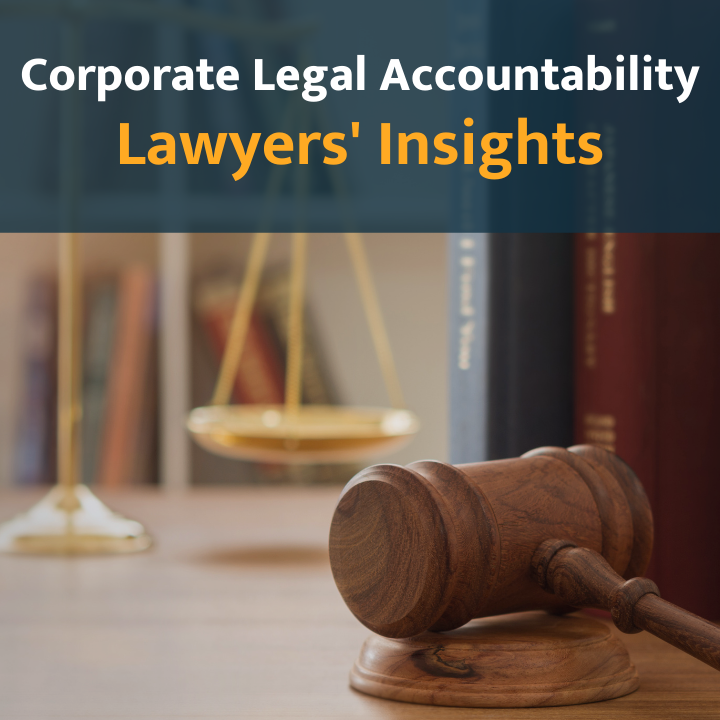Lawyers’ insights on corporate legal accountability: Grizelda Mayo Anda, Environmental Legal Assistance Center, Philippines

Business & Human Rights Resource Centre
1. What are the biggest challenges you face in your corporate legal accountability work?
a) Enforcement of environmental and other laws, especially when the key government officials and agencies are involved in the violations and take sides or when they support big corporations involved in extractive development and infrastructure projects which threaten the environment and peoples’ rights. b) Vulnerable communities get divided on issues involving extractive projects.
c) Institutional issues that hound key government agencies abound. These include lack of competent personnel, corruption, lack of motivation and resources for field investigations, and other needed actions.
2. What key opportunities do you see for promoting corporate legal accountability (at the national, regional or international levels)?
Our legal and policy framework is replete with laws on regulatory requirements and governance-related processes (environmental impact assessments, consultative processes, free and prior informed consent requirements, human rights, environmental justice, etc.). We also have international laws and standards. The presence of the Business and Human Rights Resource Centre and similar groups provides advocates and lawyers with resources and important linkages for research and advocacy work.
3. What key lesson(s) have you learned in your efforts to advance corporate legal accountability?
Legal empowerment work on the ground that would provide local communities with knowledge, advocacy and negotiation skills and the needed perspective is very crucial to push for legal accountability. It is not enough that lawyers and advocates push for accountability. Local communities need to know and assert their rights as part of the powerful voices that could change the behaviour of corporations and government agencies who fail to implement their mandates. Mining, oil exploration, agri-business, and plantation companies are placed in areas where marginalised communities are. The lack of knowledge and understanding of the nuances of corporate accountability and government mandates make these communities vulnerable to machinations.

